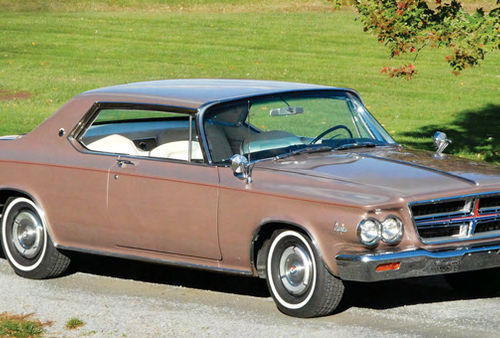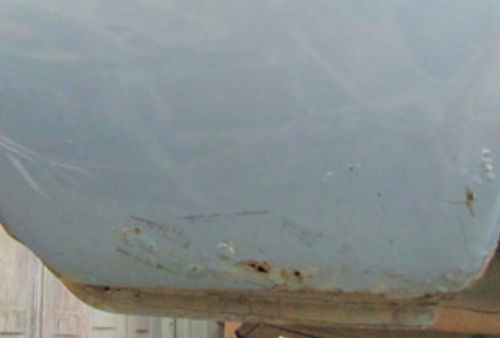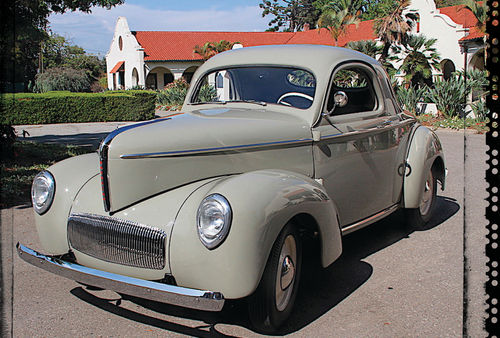Why is my carb icing up?
Question:
After seven years, I finally got my 1973 VW Karmann Ghia back together and on the road. I have around 500-ish miles on the totally rebuilt motor. My problem reared its ugly head this spring when I took her out of the garage for the maiden
2012 excursion about town. She would not idle. After four mechanics and five carburetors (34-PICT) she will idle. However, the idle seems high and the stand the carb sits on ices up. This is in the engine compartment of an air-cooled VW. Not exactly a cool environment. Actual ice, on the stand!
Fuel consumption seems to be suffering as well. I did not have this issue last fall when I first got her running. I put a couple hundred miles on her before putting her away for the winter. The engine is strong otherwise. I have no trouble maintaining 65 mph on the Interstate. During the rebuild, I had all of the engine tin sandblasted and powder coated, including the manifold with the carburetor stand and heat riser tubes (all one piece). I did the sandblasting myself so I know there are no obstructions in the tubes. Any thoughts?
Answer:
When the fuel transitions from a liquid to a vapor by virtue of the venturi principle in the carburetor it takes heat energy out of the surrounding air. As you’ve observed, it can take so much heat out of the surrounding air that it can cause an icing condition to develop. This is a common problem with some older air-cooled VW engines. Are the heat riser tubes on your engine getting quite hot when the engine is running? If the tubes are not extremely hot then there is some sort of an obstruction or problem with them. Do you have the correct hot air supply to the air filter? Are the filter valves present and working correctly?















